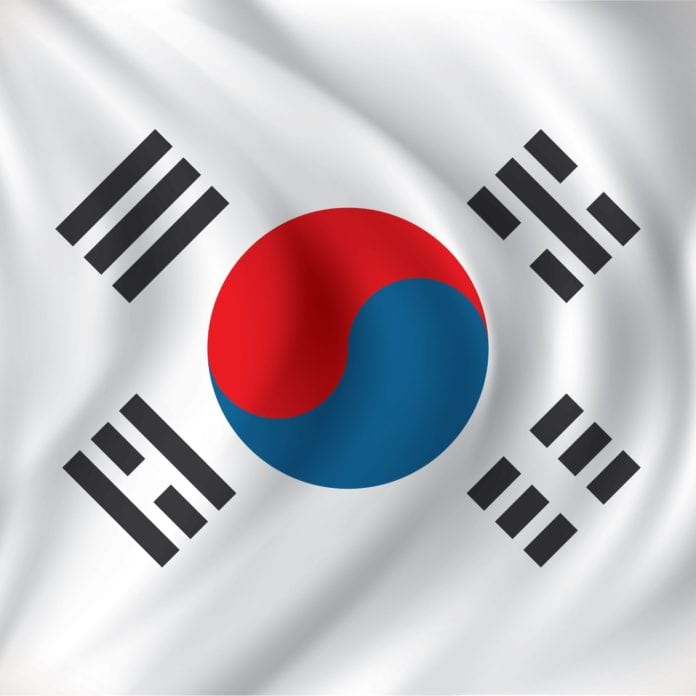South Korean carriers are still in the process of selecting 5G suppliers
Chinese vendor Huawei said it is open to working with South Korean authorities to provide all the required information about the security of the firm’s 5G equipment, in a public statement on the subject.
“Huawei has been working to meet requirements on security by governments around the world, and the company will obviously fulfill requirements by the Korean government, if it demands any,” Huawei’s statement reads.
“Other global mobile carriers have insisted on requirements, and we have complied with such requirements and have had very good results,” the firm said.
Korea’s main telecoms operators are in the process of selecting their technology partners for their 5G programs. SK Telecom has already excluded Huawei from its 5G program, opting for Samsung, Ericsson and Nokia. SK Telecom said these three vendors will supply base stations and other transmission equipment for the firm’s core 5G network.
Rival operators LG Uplus and KT are still in the process of selecting their 5G partners.
According to a recent report, LG Uplus is likely to select Huawei to supply 5G equipment. LG Uplus’ COO had told reporters at June’s Mobile World Congress Shanghai that the company it would work with Huawei in building 5G infrastructure.
In June, South Korea completed a tender process through which it awarded spectrum in both the 3.5 GHz and 28 GHz bands. The government made available a total of 280 megahertz in the 3.5 GHz spectrum band and 2,400 megahertz in the 28 GHz band. The spectrum was divided into 28 blocks and 24 blocks.
South Korea’s Ministry of Science and ICT has said that operators can start using the 5G frequencies in December, with the 3.5 GHz band licenses covering a ten-year period and the 28 GHz band licenses a five-year term.
The three carriers have been carrying out several trials of 5G to pave the way for commercial launch scheduled for March 2019.
The government of Australia recently decided to exclude Huawei and ZTE from providing 5G technology for wireless networks in the country over national security concerns. Meanwhile, U.S. President Donald Trump also signed a defense bill that bans the government and its contractors from using Huawei and ZTE’s technologies and services.
Huawei said the Australia’s decision was “politically motivated” and also opposed the U.S. federal ban, saying it is ineffective and unconstitutional.
The government of India was also considering the exclusion of Huawei from the provision of 5G equipment to local carriers, according to previous reports. However, the Chinese vendor recently confirmed that Indian authorities have invited the firm to take part in the country’s upcoming 5G trials.

